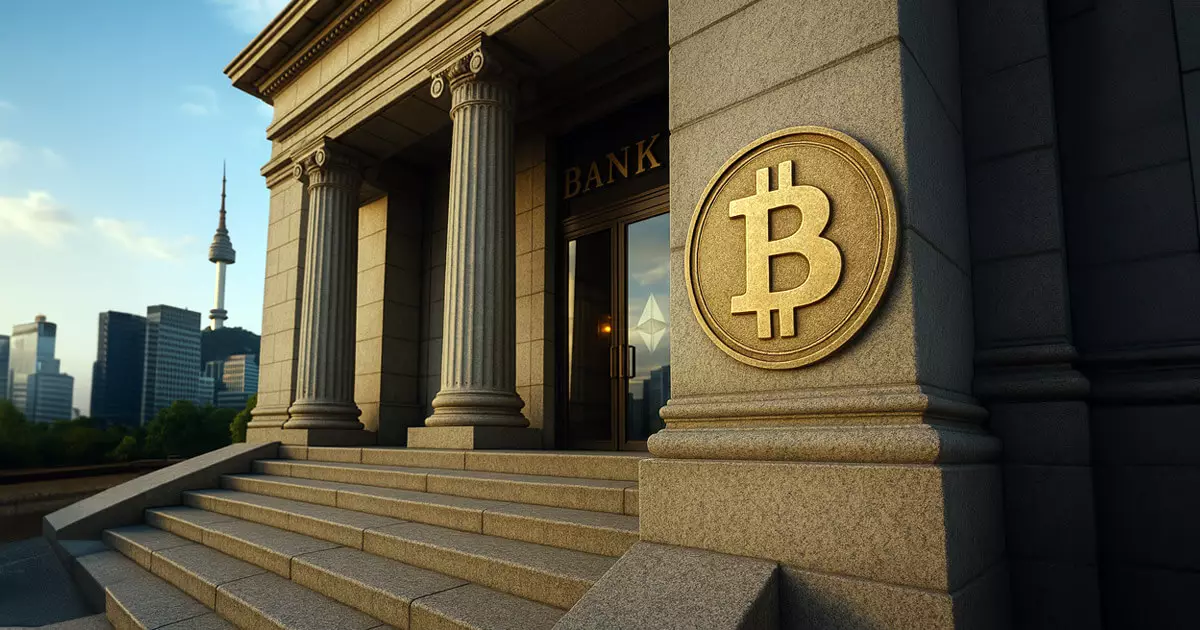South Korea’s rigid one-bank-per-exchange policy is a relic of a bygone era, initially introduced to curb money laundering in the burgeoning crypto sector. However, as we dive deeper into the complexities of today’s financial landscape, it becomes increasingly clear that this outdated framework serves more as a hindrance than a protective measure. By restricting exchanges to a singular banking partner, the current system introduces substantial risk, potentially endangering the economic fabric of both the crypto market and the banking industry. If the relationship between a single exchange and its bank falters, the entire financial ecosystem built around that partnership could face severe repercussions.
Client Choice is a Fundamental Right
The existing policy dramatically limits consumer choice, akin to being tethered to a single car service that dictates how, when, and where you can travel. Surely, we wouldn’t stand for such constraints in any other aspect of our lives. The voices of prominent banking executives like Woori Bank’s Jeong Jin-wan echo the undeniable truth: clients deserve the freedom to choose their banking partners, especially in a rapidly evolving digital economy. By allowing multiple banks to engage with a single exchange, customer empowerment would skyrocket, ultimately leading to improved services and competitive pricing—benefits that every retail and institutional client should expect.
Stifling Innovation: The Silent Killer
Moreover, the archaic one-to-one model stifles innovation at a time when flexibility is paramount. In an era where technological advancements dictate finance, remaining stagnant equates to regression. The constant push towards digital transformation necessitates a framework that encourages experimentation and collaboration among banks and exchanges. Instead of viewing cryptocurrencies through a lens of skepticism, South Korean regulators must foster an environment ripe for creativity and innovation, which could unleash untold potential within the financial sector.
A Growing Call for Resilience
Interestingly, the need for policy reform arises from growing concerns regarding systemic risk associated with exclusive banking relationships. Prominent objections from lawmakers spotlight the precarious situation surrounding Upbit, South Korea’s largest crypto exchange, and its reliance on K Bank. This dependency raises alarm bells; should Upbit encounter operational issues, a liquidity crisis at K Bank could ensue. The proposed changes could very well bolster the financial resilience of both exchanges and banks, cultivating a more secure ecosystem that can weather the storms of market volatility.
Embracing Change for Economic Growth
As discussions for reform gain momentum, one must question the motives behind any reluctance. Is it fear of the unknown? Or a misguided belief that attempting to control this innovative space is for the greater good? The truth is that the reluctance to modify the existing framework likely stems from a protective instinct rather than an informed stance. South Korea has an opportunity to embrace change and enhance its position as a global leader in crypto finance, but only if it decides to dismantle the chains of outdated regulations that currently restrict progress.
The call for a more dynamic regulatory environment is not just a plea from banks; it is an essential step toward modernizing South Korea’s financial system. With economic growth predictions hinging on technological adaptation, the time has come to pave the way for a transformative future.

